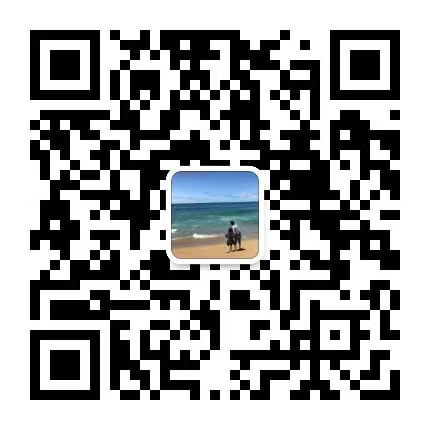Marketing and Advertising Policy
For Marine Education Studies(MES)
1. Introduction
The Marine Education Studies(MES) is committed to maintaining the highest standards of academic integrity, editorial independence, and ethical conduct in all its operations. This policy outlines our guidelines regarding marketing activities and advertising acceptance to ensure that commercial interests do not influence editorial decisions or content.
2. Principles
2.1. Editorial Independence: Editorial content, including peer-reviewed articles, reviews, and editorials, is strictly independent of advertising and marketing influence. Advertisers have no control over or prior knowledge of editorial content.
2.2. Transparency: All advertising content will be clearly distinguishable from editorial content.
2.3. Integrity: Advertisements must be truthful, evidence-based, and comply with relevant ethical and legal standards.
2.4. Accountability: The journal is responsible for ensuring that all advertising complies with this policy.
3. Guidelines for Advertising Acceptance
3.1. Acceptable Advertisements:
- Advertisements for academic conferences, workshops, and scholarly books.
- Advertisements for scientific tools, software, and services relevant to the journal's scope.
- Advertisements for educational and professional development opportunities.
3.2. Prohibited Advertisements:
- Advertisements making unsubstantiated claims or promoting pseudoscience.
- Advertisements for products or services that are illegal or unethical.
- Advertisements that are discriminatory, offensive, or infringe on human rights.
- Advertisements that mimic editorial content in a misleading manner.
3.3. Tobacco, Alcohol, and Gambling: Advertisements for tobacco, alcohol, or gambling products are strictly prohibited.
4. Review Process for Advertisements
4.1. All advertisements are subject to review and approval by the journal's management team.
4.2. Advertisements must be clearly identified with the label "Advertisement" or equivalent.
4.3. Advertisements must not contain false or misleading claims. All claims must be supported by evidence.
5. Separation of Advertising and Editorial Content
5.1. Advertisers have no influence over editorial decisions, including article selection, peer review, or content.
5.2. Editorial content will not be altered to accommodate advertisers.
5.3. Special issues or sections sponsored by advertisers must be clearly labeled as such and undergo the same peer-review process as regular content.
6. Conflicts of Interest
6.1. Editorial team members and reviewers must disclose any potential conflicts of interest with advertisers.
6.2. Individuals involved in editorial decisions must not be involved in advertising negotiations for the same issue.
7. Compliance and Enforcement
7.1. Advertisements found to violate this policy will be immediately removed.
7.2. Repeated violations may result in the advertiser being banned from future campaigns.
7.3. Complaints regarding advertisements will be investigated promptly and transparently.
8. Policy Review
This policy will be reviewed periodically to ensure its effectiveness and relevance. Updates will be made as necessary to reflect changes in industry standards and ethical guidelines.
For more information, please scan the QR code to follow our WeChat Official Account.




